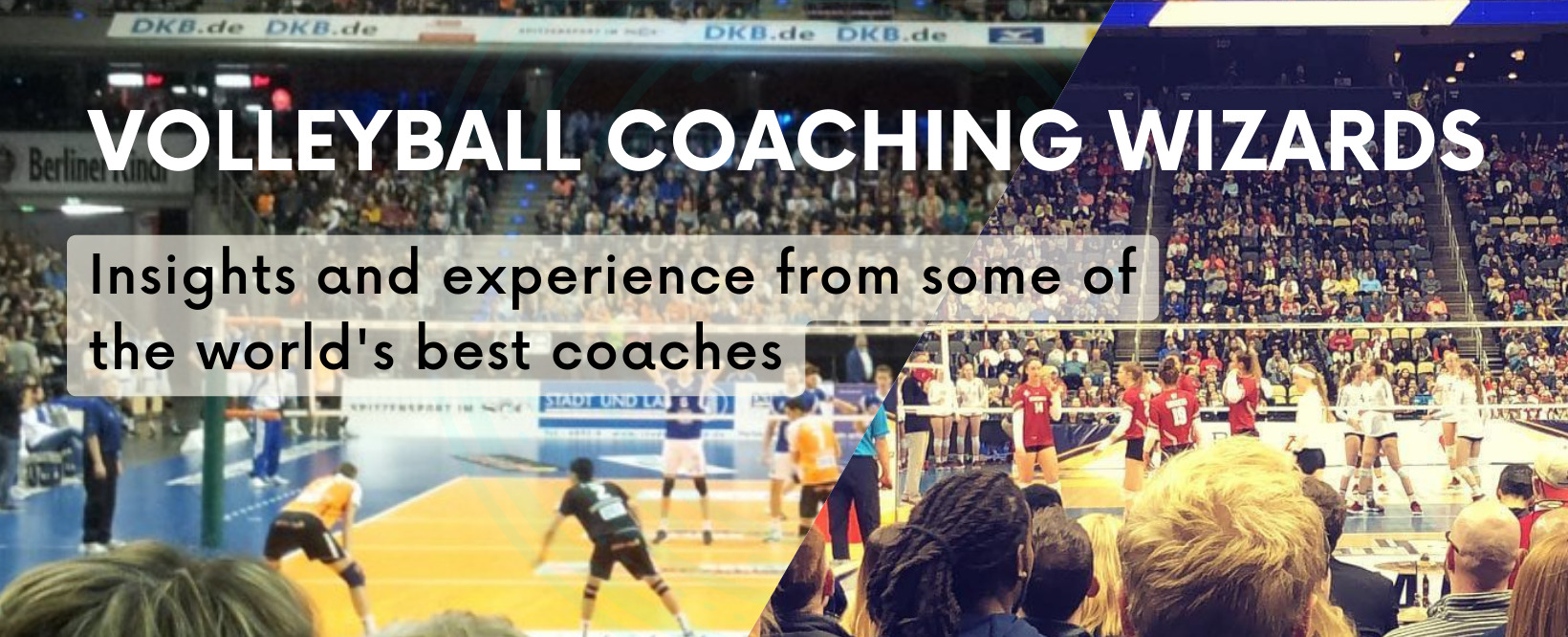Terry Pettit did an interview with fellow Wizard Mick Haley. One of the more interesting comments Mick made had to do with observations his wife has made about his posture when coaching. Specifically, he said:
 “She tells me not to cross my arms on the bench because it makes me look anxious.”
“She tells me not to cross my arms on the bench because it makes me look anxious.”
By now we’ve probably all heard about the importance of body language. From a player’s perspective, its the subject of an article Karch Kiraly wrote a while back. Do you actually think about your posture, stance, movements, and facial expressions when you’re coaching, though?
I’m sure most of us don’t. We’re too caught up in the moment – in our coaching. It tends to only be when things are pointed out to us – as in Mick’s case – that we realize what we’re doing and the potential implications. That isn’t always something others will talk with us about, though. Mick is fortunate to have a wife who is willing to make those kind of statements. For those who don’t, it wouldn’t hurt to take things into our own hands by watching ourselves on video – or at least soliciting feedback from folks who will be honest with us.
If you’re someone who wants a long career in coaching, this sort of thing is important. You always have an audience. At the lower levels that may just be your players and their parents. If you coach for a school, add in spectators, teachers, students, and administrators. If you coach for a club, especially professionally, you have sponsors to consider. You’re bound to end up on a broadcast or a video at some point – maybe even every time you coach like those at the upper levels of NCAA and professional volleyball. That’s a lot of people making judgments about you based on what they see you doing or not doing.
In other words, it’s not just about how you present yourself to the players – which is important in its own right. It’s also how you present yourself to all sorts of others who can potentially influence your coaching career. As Mark recently asked, “What’s your message?“










